How Will You Recognize Success?
Posted on March 3, 2014 by Debra Burdick
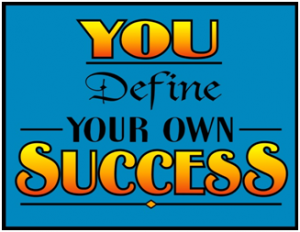 How will you know if you have succeeded? If you don’t know what constitutes success for yourself how will you know you’ve achieved it? A basic step in unlocking your potential is to think about how you define success. This serves two purposes. First, it helps you understand what is most important to you in life. Second, it is the framework for defining your personal and professional goals.
How will you know if you have succeeded? If you don’t know what constitutes success for yourself how will you know you’ve achieved it? A basic step in unlocking your potential is to think about how you define success. This serves two purposes. First, it helps you understand what is most important to you in life. Second, it is the framework for defining your personal and professional goals.
Do you think about success in material ways? For example, what grades you earned in school, what college you went to, what kind of work you do, what role you play at work or in business, how much money you make, what kind of home you live in, what kind of car you drive, what college can you afford to send your kids to, where do you go on vacation. This definition of success is often based on external symbols of success in American society. Many are driven to achieve this type of success because of how they think others will see them or judge them. Some are trying to improve their financial stability and create more options for themselves or their kids. Others may be trying to escape difficult childhood experiences of low income or social status.
Perhaps you define success in less material ways. You may feel successful if you have good relationships, you are married to a wonderful spouse, you have a great family, you feel happy and satisfied with your life. Maybe success is feeling healthy ever every day, spending time with your family, or by yourself, or outside in nature, or going for a walk with your loved one. Living a stress-free life might be a successful life for you.
And still others define success by knowing who you are and being true to yourself. In our faced paced world it is tempting to try to imitate someone we feel is successful. This usually backfires since we will be most successful when we can be authentic and original instead of trying to be a second best someone else. It is important to take some time to really get to know who you are. Identify what is unique about you. Make a list of your strengths and your weaknesses. Tune in to you inner guidance system to understand what makes you shine. Accept and love yourself. Get some help to build your self-confidence. Think about what makes you feel good about yourself: Helping someone else? Teaching? Inventing? Managing? Learning? Writing? Speaking? Solving problems? Leading? Innovating?
Perhaps you feel successful if you have achieved the emotional and spiritual dimensions of success. These 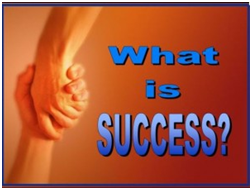 include: the ability to love, feel self-confident, have compassion and empathy, the ability to feel joy and give it to others, the ability to know and understand that life serves a purpose, the ability to communicate well, the ability to love to learn, the ability to make wise and moral choices, and the ability to feel connected to others and to experience a connection to the universal creative power. Deepak Chopra states that this dimension ‘brings inner fulfillment’. Perhaps you have discovered the benefits of incorporating mindfulness into your day and feel successful when you practice being totally present in your life, and use mindfulness to increase life satisfaction, concentrate better, get more done, experience less stress, or connect to your higher power. Learn more about mindfulness here.
include: the ability to love, feel self-confident, have compassion and empathy, the ability to feel joy and give it to others, the ability to know and understand that life serves a purpose, the ability to communicate well, the ability to love to learn, the ability to make wise and moral choices, and the ability to feel connected to others and to experience a connection to the universal creative power. Deepak Chopra states that this dimension ‘brings inner fulfillment’. Perhaps you have discovered the benefits of incorporating mindfulness into your day and feel successful when you practice being totally present in your life, and use mindfulness to increase life satisfaction, concentrate better, get more done, experience less stress, or connect to your higher power. Learn more about mindfulness here.
Does feeling successful revolve around your religious beliefs and practices? Some people’s lives are structured around their religious beliefs or perhaps a religious community in which they live. If this is true for you this will totally influence and impact how you define success. Take this into account when you define both personal and professional goals.
People often speak about their passion for their life’s work. Passion and interest give you energy and excitement to accomplish more and be more successful at what you do. What are you passionate about? What makes you want to get out of bed in the morning? What did you used to dream about doing when you were younger? Is there a dream you put on the back burner or talked yourself out of that needs to be moved to the front burner?
Take some time to define what success looks like for you. Everyone has their own unique definition of success. No one definition is right, wrong, or better or worse than another. You definition needs to fit who you are and focus on what’s really important to you.
Action: What’s Your Definition of Success?
Make a Success List. Think about the different ways success can be defined.
Make a list of things that mean success to you. Think about what’s most important to you. For starters, place the following headings across the page: Material, Non-Material, Emotional, Spiritual or any other headings that apply to your life. Include both your personal and professional lives in your definition of success.
Now think of specific material, non-material, emotional, spiritual, or other important aspects of your definition of success and list them under each heading. Be sure to include all aspects of life and include dreams and passions.
Example:
[table id=2 /]Now use this list to write down your definition of success. Consult this list as you to create personal and professional goals that align with your definition.
Refer back to your definition often and adjust your goals and activities if you stray off course or when you recognize that your definition of success has changed.
I would love to hear your personal experiences with this topic.
Categories: ADHD, Articles, Business/Workplace, Mindfulness, Peak Performance, Success Stories

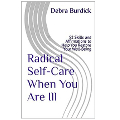
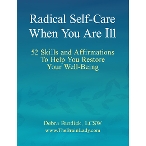
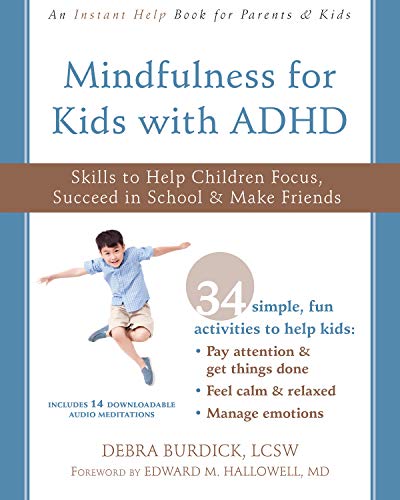

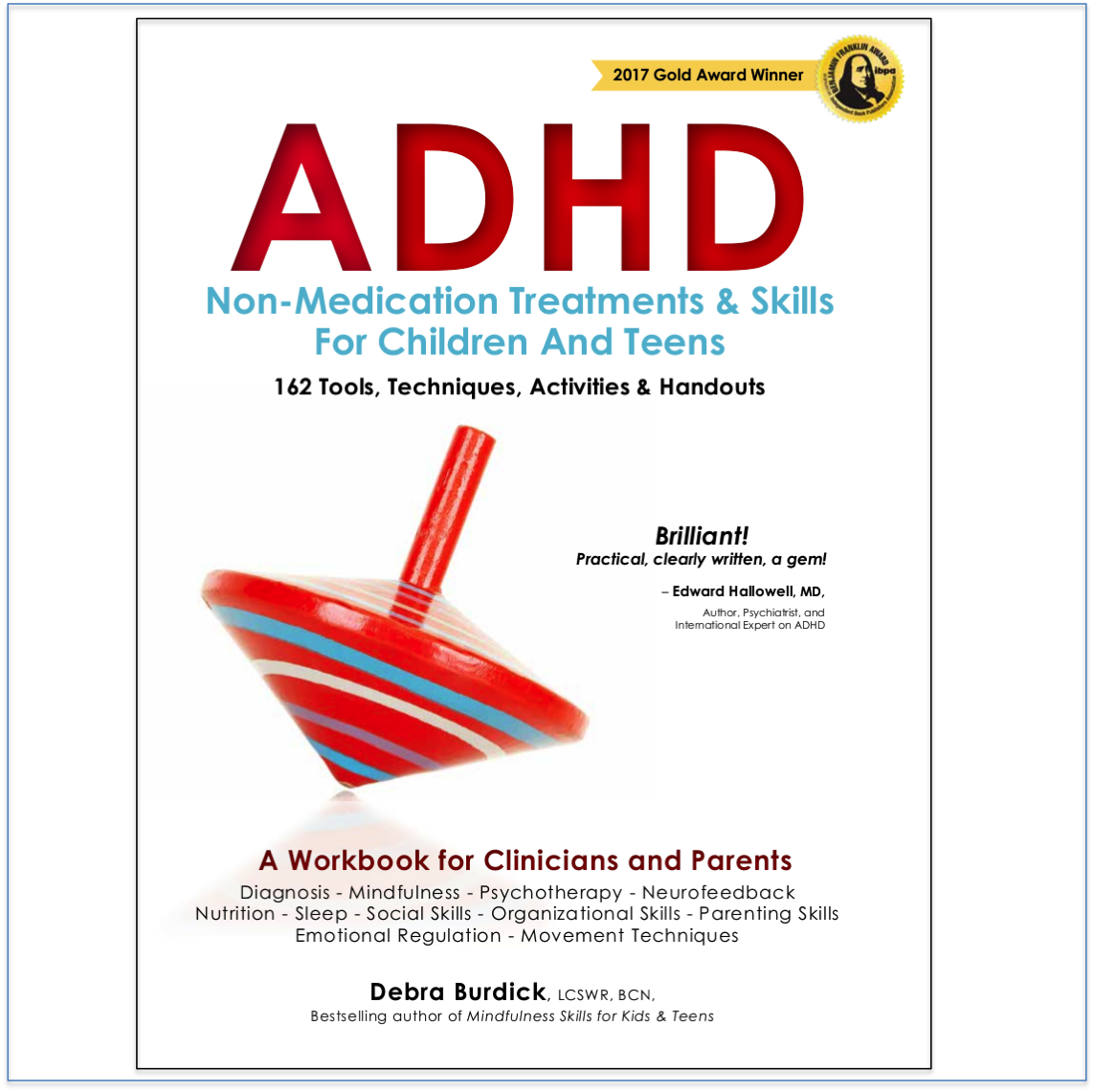
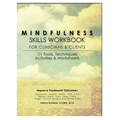
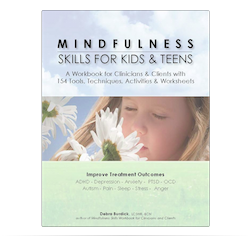
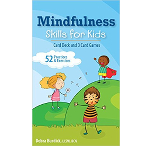
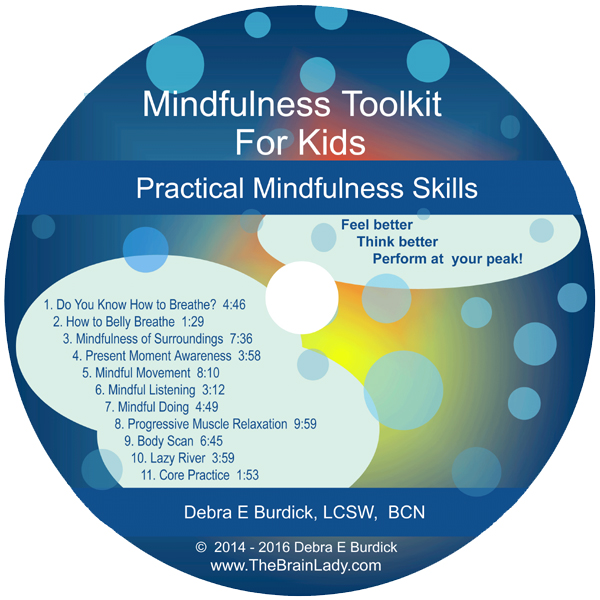
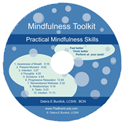
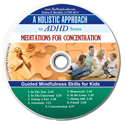
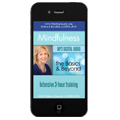
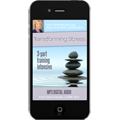
No comments yet. You should be kind and add one!
The comments are closed.